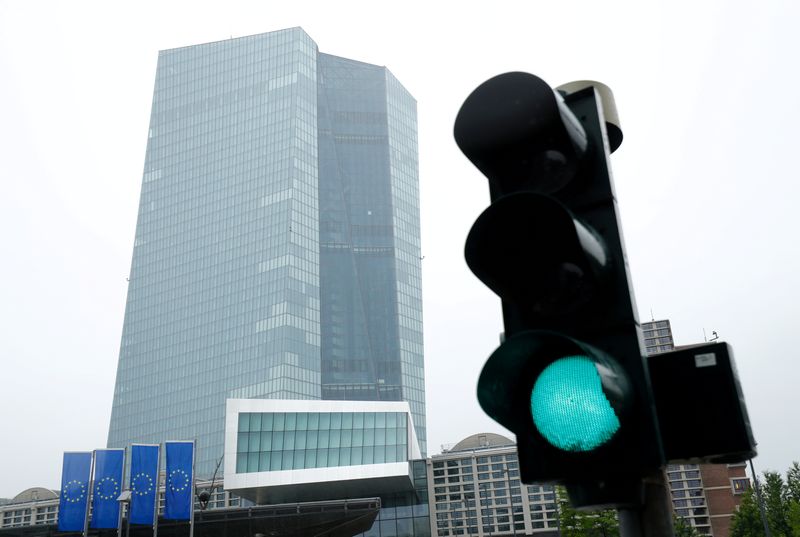BRUSSELS (Reuters) - The European Central Bank could consider raising its key interest rate as high as 4% if underlying inflation in the euro zone remains persistently high, ECB Governing Council member Pierre Wunsch said in comments embargoed until Friday.
"If the core inflation would remain at the level we see today in Europe of above 5%, and if we don't get clear signals that core inflation is going down, we will have to do more," Belgian national bank governor Wunsch told a news conference at the bank.
Underlying inflation in the 20-nation euro zone, excluding volatile energy, food, alcohol and tobacco prices, hit 5.0% in October and rose to 5.6% in February, reinforcing evidence that energy-driven price rises are filtering into the broader economy via wages.
The ECB raised its deposit rate by 50 basis points in February to 2.50% and has already flagged a further 50 basis-point increase on March 16. ECB President Christine Lagarde confirmed this planned increase on Thursday.
Wunsch repeated a view he expressed a month ago that if core inflation remains at around 5%, then the ECB would have to look at what central banks elsewhere had done, like in the United States and Britain.

"For me, looking at rates of 4% would not be excluded," he said. "But I want to insist I won't make any judgment on where the rates would have to go without seeing the developments of core inflation."
Markets are pricing in another 50 basis-point hike by the ECB on May 4 and, after recent warnings from more conservative policymakers, see the peak of rates at just above 4% at the turn of the year.